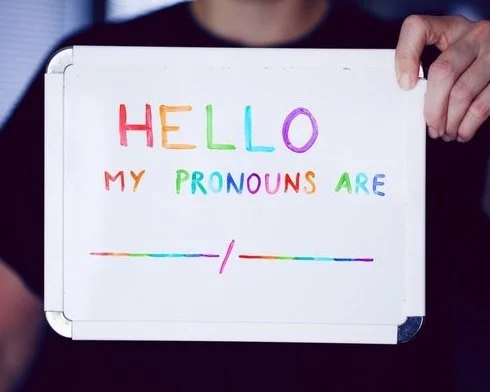Children questioning their gender is normal behavior and may signal that your child is trans, nonbinary, gender nonconforming, or just exploring their creativity. It’s important to treat this as not “just a phase” but as valid experimentation.
Depressed After College Graduation? You Aren’t Alone
Can Episodes of Depersonalization Be Caused by Anxiety?
Can Reparenting Yourself Help Ease Anxiety?
How to Stop PTSD Nightmares
What is EMDR Therapy for PTSD?
How EMDR Works for Complicated Trauma
4 Ways to Overcome Sex Anxiety
Post-Covid: How Lifting Restraints Might Affect Anxiety
Healing From Birth Trauma
Understanding the Lasting Effects of Birth Trauma
What is Financial PTSD?
4 Ways to Deal With Anxiety As a POC
BIPOC carry additional risk factors compared to the average white American impacting onset of anxiety. Top that with certain stigmas that are carried as well; it can be hard to navigate and feel very lonely. Learning how to manage anxiety when it occurs is key to getting through it. Here are some ways to start.
4 Ways to Proactively Fight Anxiety Around the Reversal of Roe v. Wade
Understanding How the Autistic Brain Processes Trauma
Why do we have emotions?
Many of us were taught not to listen to our emotions or our bodies, and that we were supposed to rule them with our minds. This cut many of us off from these sources of wisdom, guidance, and protection. Women are often told we’re too emotional and that’s why we can’t be in leadership. Men are often taught that being too emotional is a weakness. But from this perspective, couldn’t we take being emotional as a compliment?
Why do Trauma Survivors have Intimacy and Attachment Issues?
This dichotomy shows up in our adult relationships in several ways. Often we can feel the strong desire and need for relating while still carrying the need for keeping oneself safe. It can be extremely confusing to ourselves and others. We want to draw close but push others away or create space and safety sometimes without even knowing it. Serving Boulder, Longmont, Denver.
How Chronic Illness Can Cause Depression
How Chronic Illness Can Cause Anxiety
When you’re living with a chronic illness, it is natural to begin to have anxiety about the future. What will progression look like? How will symptoms evolve? Will there be a burden on your family? How will you afford to manage your health and daily activities? Worrying about any of these things can cause you to feel anxious, let alone worry about multiple factors. Treatment options exist to combat any anxiety you may have and allow you to be as mentally focused as possible to push through your chronic illness and find joy in living your life.
How to Cope With Earthquake Vicarious Trauma
If you’ve been watching the scenes coming out of Turkey and Syria you’ve probably been affected. Maybe you are even experiencing vicarious trauma. Vicarious trauma happens when you feel emotional pain, terror, fear and helplessness from exposure to others peoples’ trauma. For instance, imagining what it’s like to be stuck under rubble from the earthquake, losing your entire family or becoming homeless.





















